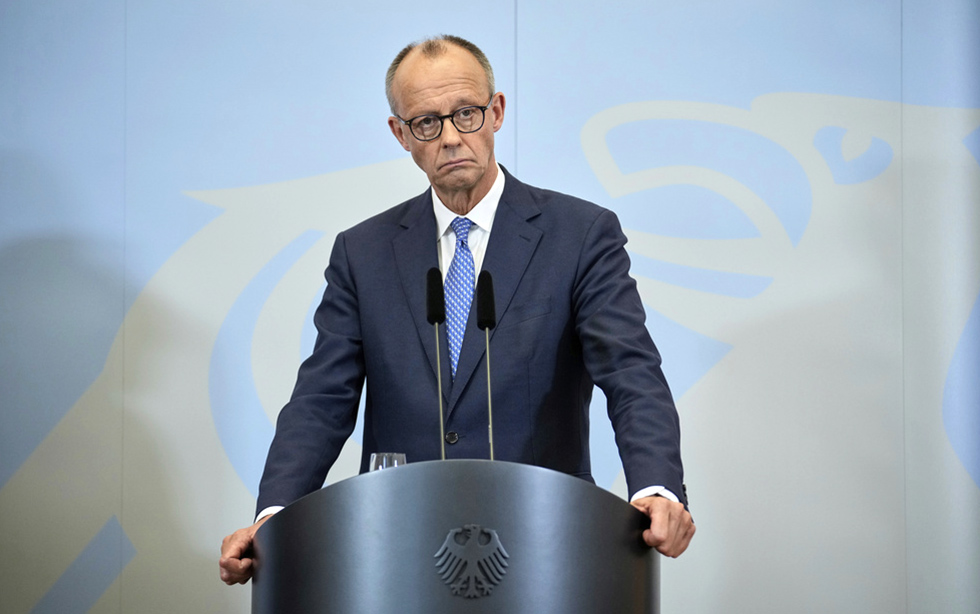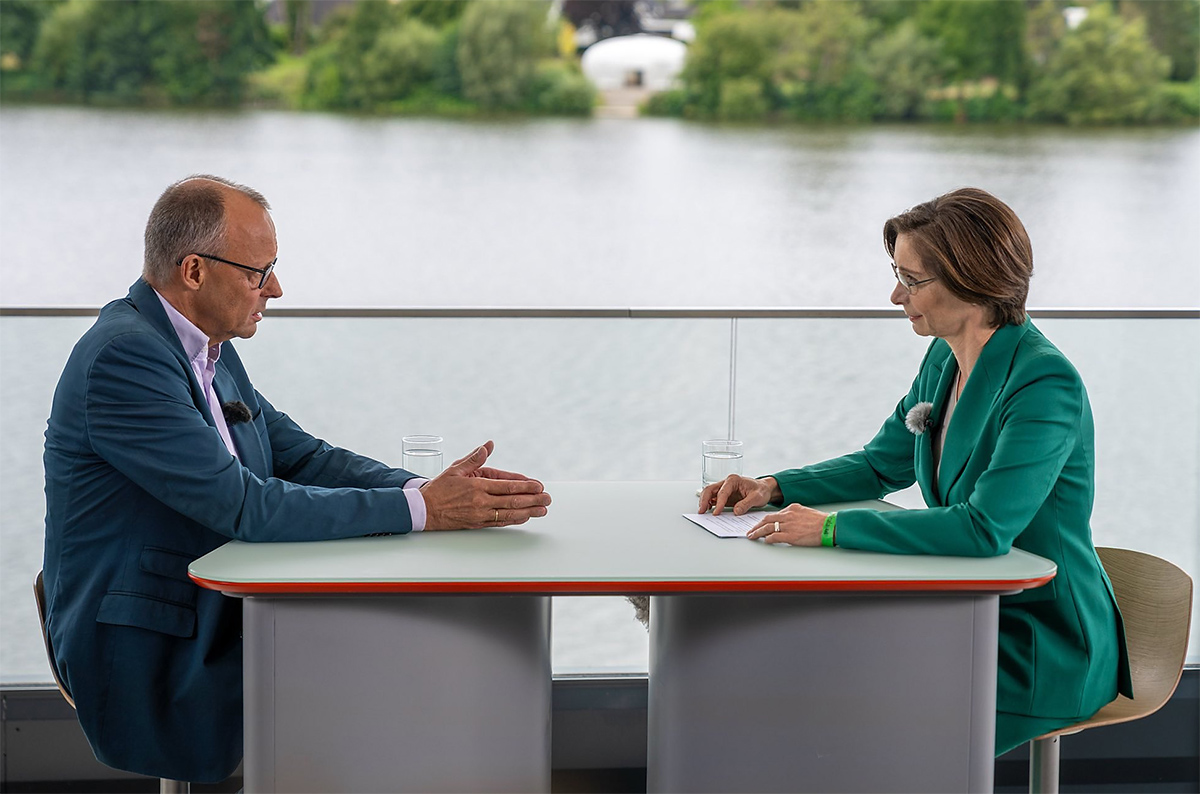Ukraine War May Drag On But Must Not End In Surrender, Merz Says

German Chancellor Friedrich Merz has warned that Russia’s war against Ukraine could drag on for a long time, but stressed it must not be concluded through Ukraine’s surrender.
The Gaze reports this, referring to Merz’s interview with German broadcaster ZDF.
German Chancellor said Berlin continues to push for a swift end to the conflict, yet not “at the price of Ukraine’s capitulation.”
“The war could end tomorrow if Ukraine were to capitulate, give up and lose its independence,” Merz noted. “But then the day after tomorrow it would be the turn of the next country, and shortly after that, it would be our turn. That is not an option.”
Asked whether he believed a ceasefire could be reached next year, the chancellor expressed cautious optimism: “I have not lost hope that we will achieve it. But I also have no illusions,” he said.

Merz outlined two possible scenarios for how the war might ultimately end: either the outright military defeat of one side, which he does not currently see as likely for either Russia or Ukraine, or a gradual process of economic and military exhaustion. For now, he added, neither outcome is visible on the horizon.
The chancellor also underscored the wider threat posed by Moscow. “Vladimir Putin wants to restore the old Soviet Union, and that includes part of my country,” Merz warned, urging Germans to prepare for a prolonged confrontation with an aggressive Russia.
On nuclear security, Merz reiterated Germany’s reliance on the U.S. nuclear umbrella while leaving open the possibility of discussions over sharing France’s arsenal.
He also confirmed Berlin’s interest in U.S.-made Typhon missile systems capable of striking targets up to 2,500 kilometers away, describing them as a defensive measure until European alternatives are operational.
As The Gaze previously reported, during his visit to Kyiv on Monday, August 25, Vice Chancellor and Finance Minister Lars Klingbeil announced that Germany is set to provide Ukraine with €9 billion in yearly support from the federal budget in the coming years.